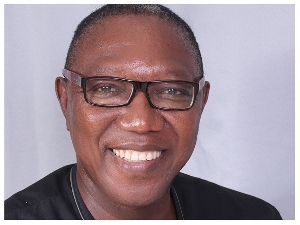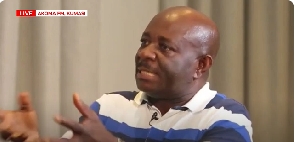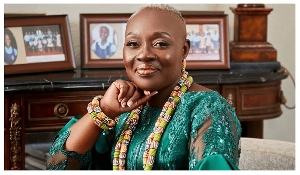 NCCE is the commission responsible for the education of Ghanaians on civic matters
NCCE is the commission responsible for the education of Ghanaians on civic matters
The National Commission for Civic Education (NCCE)’s Director of the La Dadekotopon Municipal Assembly (LaDMA), Mrs Gloria Kudo, has advised citizens to reject, resist and report corrupt practices to law enforcing agencies towards building a commonwealth for the well-being of all citizens.
Addressing students of a Non-Formal Education Class, Mrs Kudo explained: “Corruption is the abuse or misuse of entrusted power for private gain.
“The State is deprived of the needed resources to develop the country because people pay bribes to officers in order to be spared the right payment due the State.
“Through underhand dealings, which also constitute corruption, the wrong people or the unqualified are employed to hold positions of trust, while the qualified ones become sidelined. This affects the productivity of the institution.
“Corruption brings about poverty and untold hardship on the citizens, especially, the vulnerable such as women, children and persons with disabilities. (PWDs)”.
Mrs Kudo, therefore, encouraged citizens to boldly report offenders to the Commission on Human Rights and Administrative Justice, Economic and Organised Crime, the Attorney- General’s Office or the Employer of the would-be Whistle Blower.
She said with the coming into force of the Whistle Blowers Act 2006 (Act 720) citizens who would report corrupt officers were protected from all sorts of intimidation from the culprit.
The LaDMA NCCE outfit has been holding series of engagements with members of churches, mosques, adult schools, clan houses and other identifiable groups, as part of an anti-corruption crusade, being implemented by Commission and the Government, in collaboration with the European Union (EU).
The education initiative dubbed: “Accountability, the Rule of Law and Anti-Corruption Programme (ARAP), is to promote good governance for national progress by reducing corruption and improving accountability; as well as encouraging compliance with the rule of law.
Mrs Kudo said to achieve sustainable gains in this endeavour, Ghana had developed a 10-year Strategic Plan to fight corruption: The National Anti-Corruption Action Plan (NACAP).
“Its focus is to build public capacity to condemn and fight corruption. That is, to make the practice a high risk, low gains activity,” she stated.
NACAP also aims to institutionalise efficiency, accountability and transparency in both the public and private sectors; and to engage individuals, media and civil society organisations to report and combat corruption.
It is also to promote the conduct effective investigations and prosecute offenders.












